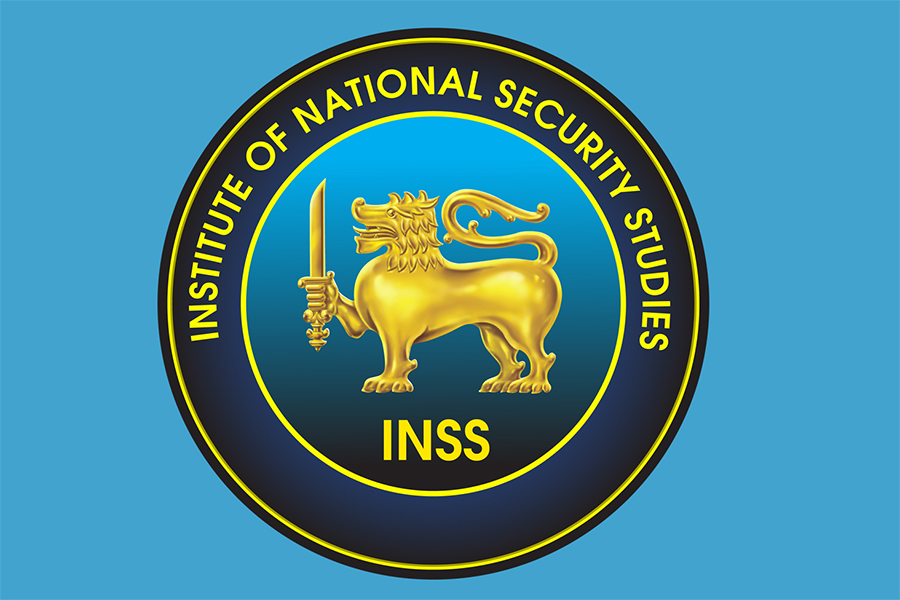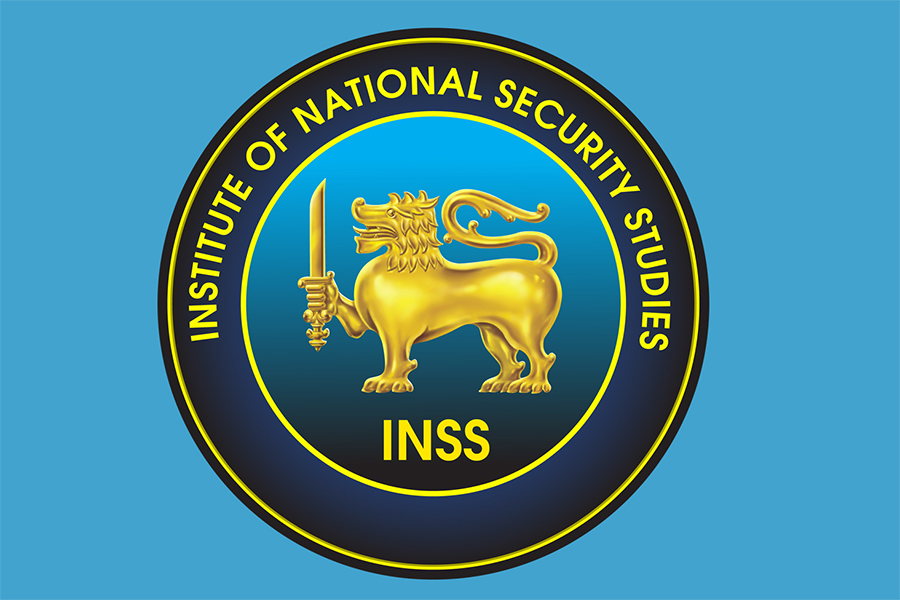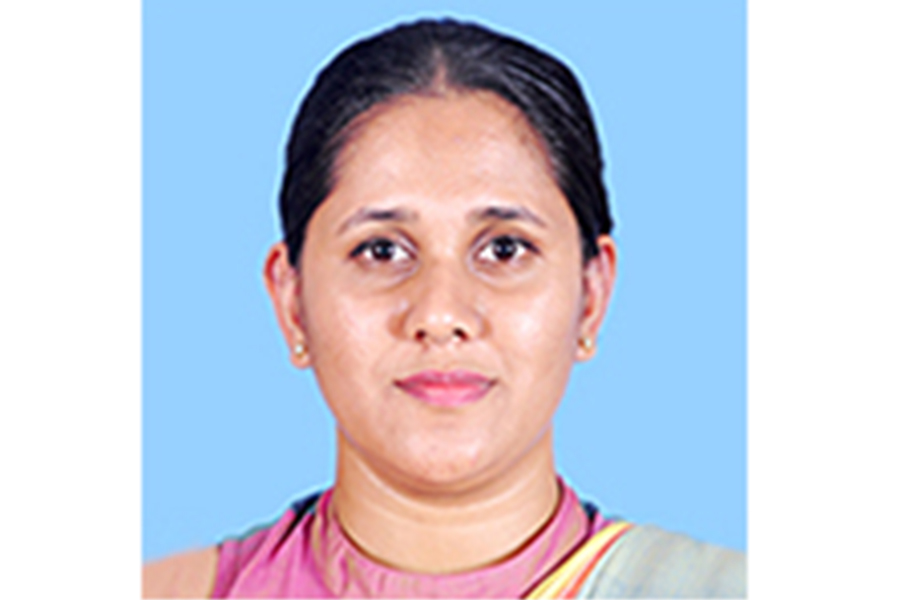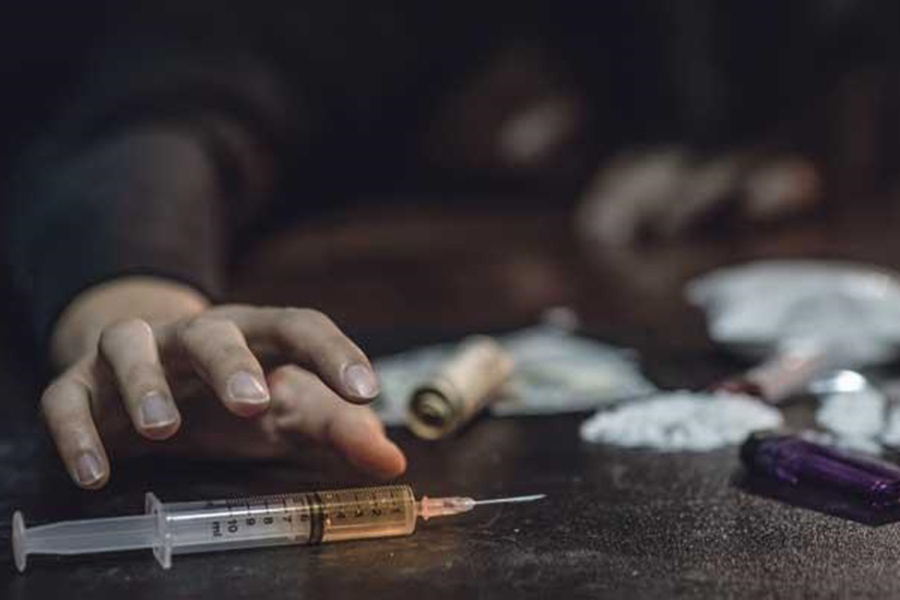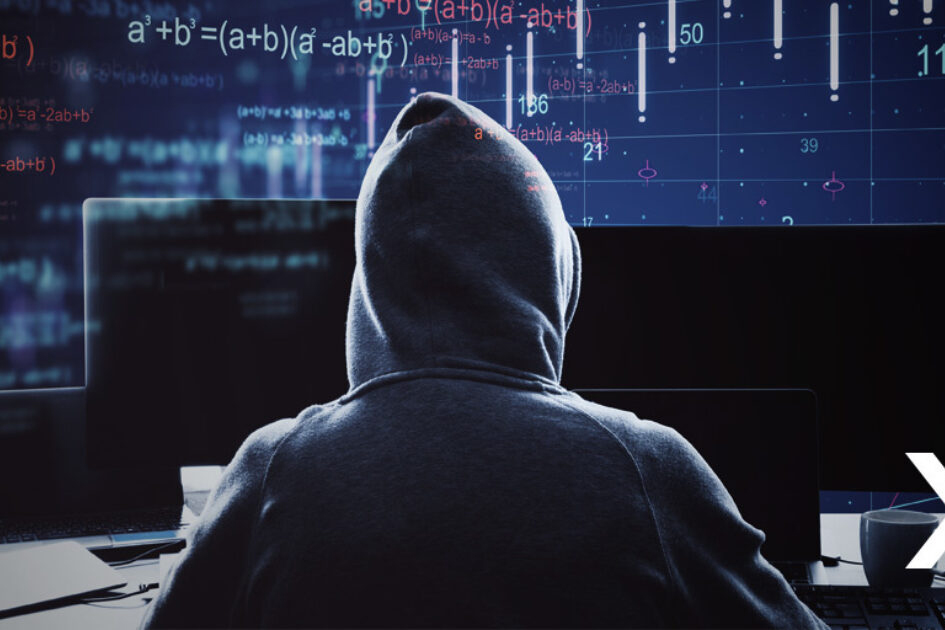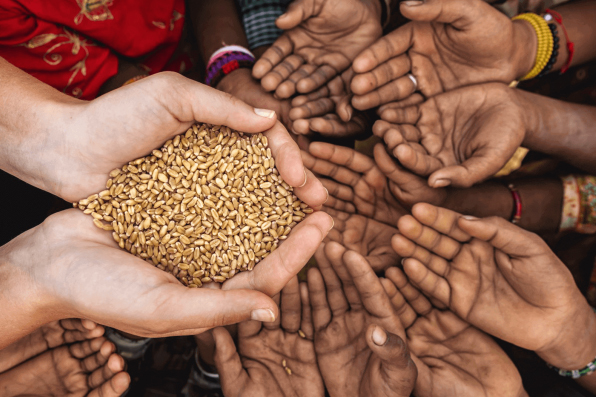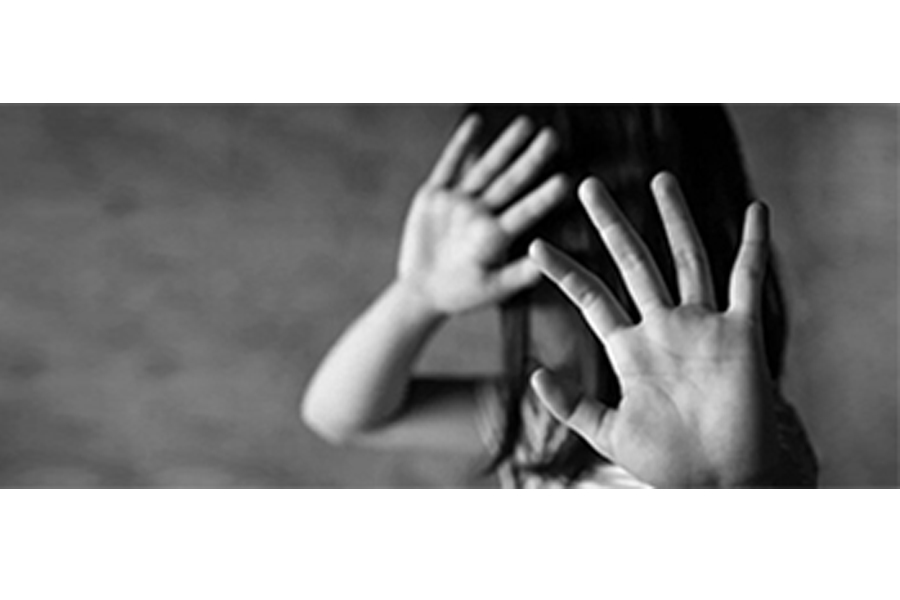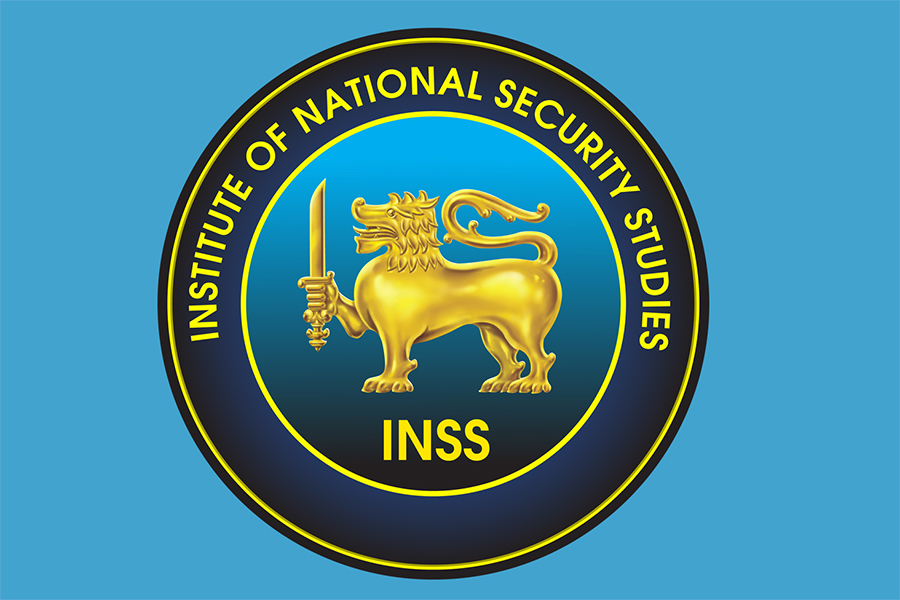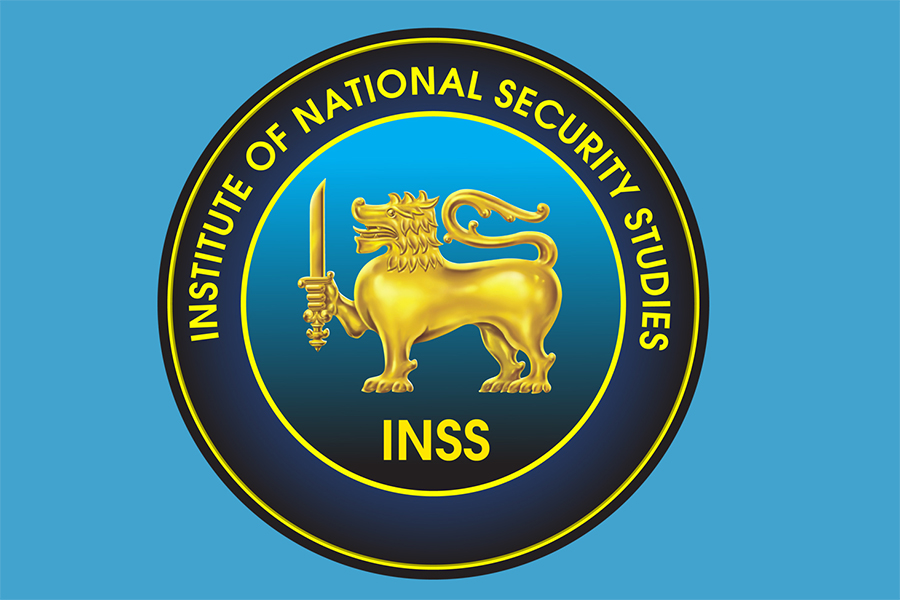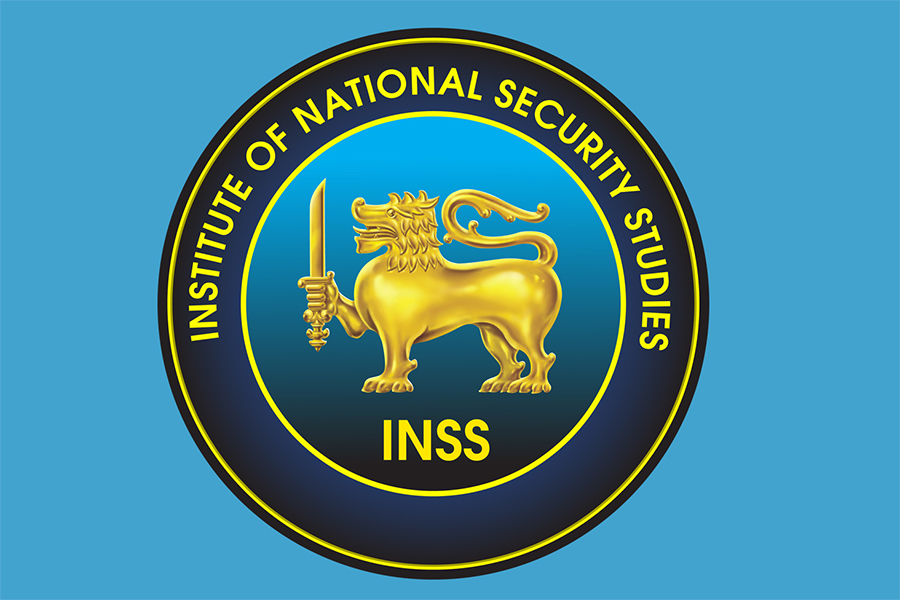Opinions
Impacts of Air Pollution on the Environmental Security of SL
National security is the fundamental aspect of protecting the nation's goals, sovereignty, and well-being from both internal and external threats hence it requires safeguarding the citizens, institutions, territory, and infrastructures as well as protecting the country from numerous threats (Balzacq 2003).
Why Government Must Champion Digital Literacy
According to the Ministry of Education and Child Care, digital literacy encompasses various factors such as individuals’ inclination, mindset, and proficiency in effectively utilising digital technology and communication tools to access, oversee, merge, scrutinise, and assess information, generate fresh insights, and engage in interactive communication with others.
Dengue as a Human Security Challenge in Sri Lanka
Despite the fact that Sri Lanka has a victorious history of eradicating Malaria as the second nation in the Southeast Asian region, with the World Health Organization (WHO) declaration in 2016, the tragic situation is that the nation is still in the battle of dengue,
Role of Non-Banking Financial Institutions in Facilitating Money Laundering and Terrorist Financing
Sri Lanka is currently experiencing severe economic turmoil due to crippling debts locally and internationally which has intensified various internal issues. As a result, Sri Lanka has requested financial assistance from institutions such as the International Monetary Fund (IMF)
Preparing for the Unexpected, Supporting the Vulnerable
The United Nations has identified “Good health and well-being” as its third Sustainable Development Goal (SDG), signifying the need to ensure healthy lives and promote well-being for all at all ages.
Let’s March Onward, All as One
Sri Lanka is a multi-ethnic, multicultural and multi-lingual country, located strategically in the Indian Ocean. Sri Lanka had a hard past, when the Sri Lankan Government had to fight the gruesome separatist group called the Liberation Tigers of Tamil Eelam (LTTE) and finally accomplished harmony and freedom.
Economic Security in the Face of High Tax Burden in Sri Lanka
The current tax system is the topic of everyone’s discussion in the country and it is at a critical juncture. A country’s taxation system is identified as a key determinant of macroeconomic development and sustainable economic growth.
Voicing Against Disinformation
In the digital era, information dissemination is not an arduous task. Information can reach many places even multiple times. However, not all information that is disseminated is true and accurate. Often information is inaccurately transmitted and this can be with
Impact of Climate Change in Sri Lanka: National Security Challenges & Way Forward
According to the United Nations “Climate change refers to long-term shifts in temperatures and weather patterns”. In the United Nations Framework Convention on Climate Change, Article 1 defines “Climate change means a change of climate which is attributed directly or indirectly to human activity that alters the composition of the global atmosphere and which
Society Needs to Use Religion to Counter Extremism
Political and religious extremism poses a significant threat to our contemporary world. Manifesting in various forms such as psychological, political, cultural, and religious extremism, it arises from factors including a lack of moderation, empathy, and understanding, as well as discrimination and isolation. Thus, there is an urgent need to mitigate and combat extremism.
End Corporal Punishment at Schools in Sri Lanka
The protection of child rights in Sri Lanka is a core issue that should be discussed in the present context. Schools are obliged to educate and maintain the discipline of the children.
Human Security Implications of Online Hate Speech against Women:
The Barrier to Women’s Political Participation
Madam Sirimavo Bandaranaike, a Sri Lankan was the first female Prime minister in the world. Her beloved daughter, a Sri Lankan politician Chandrika Bandaranaike Kumaratunga served as the fifth executive President of Sri Lanka. Thereafter, there were no female presidents and female prime ministers elected. Even though the female population in Sri Lanka is high, female politicians are very less and this is a grave lacuna in leadership.
Incorporating Human Security Doctrine for Sri Lanka’s Present-Day Context
The seventh UN Secretary-General Kofi Annan has stated that “We will not enjoy security without development, we will not enjoy development without security, and we will not enjoy either without respect for human rights.” This accurately depict the complexity as well as the importance of human security. Human security is commonly understood as prioritizing the security of people, especially their welfare, safety and well-being, instead of that of states. In modern arena “it is argued that human security is poverty, population displacement, hunger, disease, environmental degradation, and social exclusion.” [1] The recognition given to development, peace, security, and human rights are interlinked and mutually reinforcing. It can be identified as encapsulated in the concept of human security.
Chemsex is Threatening Health Security
The world has become more complicated day by day and people are trying to find new ways to enjoy their lives such as using drugs and liquor as external happiness tools. There are many new drugs that are not compatible with the human body causing changes to patterns of behavior. In the past few months, Sri Lanka has experienced several storms including an economic crisis, a political crisis, a change in leadership, protests and an increase in HIV cases. Now there is a new threat arising among young people that is known as Chemsex.
Cyberwar, Netwar: The Untouchable and Unpredictable
Territorial integrity, sovereignty and non-interference are salient features of a just and secure state. For a state to exist, compete and survive in the international context, a country must be well equipped. The unbiased, neutral and non-aligned movement is the best way to reach heights, especially for small states. However, this is not an easy task, ‘everything has a price’. The existence and co-dependence of a state are made further vulnerable as well as strengthened by way of ‘information’. Unlike in past, when troops protected borders, at present country must face and react to content generated and disseminated on online platforms.
Food Insecurity: The Current Crisis
Sri Lanka is facing hardships immensely. People are struggling to fulfill their basic needs and they have sacrificed their mid-term goals and long-term goals.
Sri Lankan Electoral System
Elections are usually held in Sri Lanka every five years to elect the president and other members of parliament. In addition, local authorities elections and provincial council elections are also held in the country. An election is a globally accepted method of selecting leaders to represent the will of the people
Child Pornography; The Emerging Security Threat on The Internet
As per the Child Right Convention (CRC) Article 01, a child is defined as “a person below the age of 18 years”. Children are known to be the future of the country. The stage of a child is a dependent stage, where the child should be fed, cared for, nurtured and loved.
The Progress of Sustainable Development Goals in Sri Lanka by 2022
The Sustainable Development Goals (SDGs) adopted by all United Nations Member States including developed and developing countries in 2015 are a collection of 17 interlinked aspirational global goals designed to be a "blueprint to achieve a better and more sustainable future for all". The SDGs were developed in the Post-2015 Development Agenda as the future global development framework to succeed the Millennium Development Goals (MDG) which ended in 2015. These 17 goals encompassing 169 targets and 244 indicators meet the urgent political, economic and environmental challenges facing the world.
Victims and Perpetrators; Plight of the Child soldiers in the Eyes of Law
The Sri Lankan government underwent a three-decade war with the Liberation Tigers of Tamil Eelam (LTTE) and successfully defended the rights of Sri Lankans. Irrespective of the victory, LTTE international networks are using social media, diplomacy, and legislation and falsely accusing Sri Lanka of having committed the Tamil Genocide.
Apex threats to national security
Guilt, sadness, repentance, and accountability are futile matters to a terrorist or an extremist. Social media is widely used by many, to deceive and manipulate the community. Social media is a haven for terrorists as well as extremists to deliberately harm the social, moral, and public order.
Exclusivism; threatening humanity, faith and equality
Every Human being in this world is equal by birth and at death. Thereby every human is bound by duty, to preserve humanity’s longevity and goodness. In this due course came faith; giving rise to human spirituality and religious sentiment.
Potential Internet Risks
We can’t escape technological advancements. Digital transformation has introduced a whole new experience. Technology has permitted us to enter a digital world and given us various chances. The Covid-19 pandemic brought technology more frequently into our lives.
Is Sri Lanka Still The “Pedophile’s Pleasure Center?”
Child sexual abuse is becoming a steaming complication in the current day Sri Lanka. When referred into the past records and statistics published by the National Child Protection Authority of Sri Lanka (childprotection.gov.lk, n.d.), it is evident that there is a significant augmentation in the number of cases reported in reference to sexual abuse including obscene publications,
Prevention of Terrorism Act; Striking a Balance between Conflicting Interests
Prevention of Terrorism Act (PTA) came into effect in 1979 as a temporary measure during the conflict with The Liberation Tigers of Tamil Eelam (LTTE) and it was later made permanent in 1982. Since the enactment of the PTA, it was criticized as a brutal piece of legislation. The criticism of PTA is not only by locals but also by other nations. The Act has both strengths and weaknesses. The challenge concerning the PTA is to balance individual rights and national security interests meanwhile adhering to international standards.
